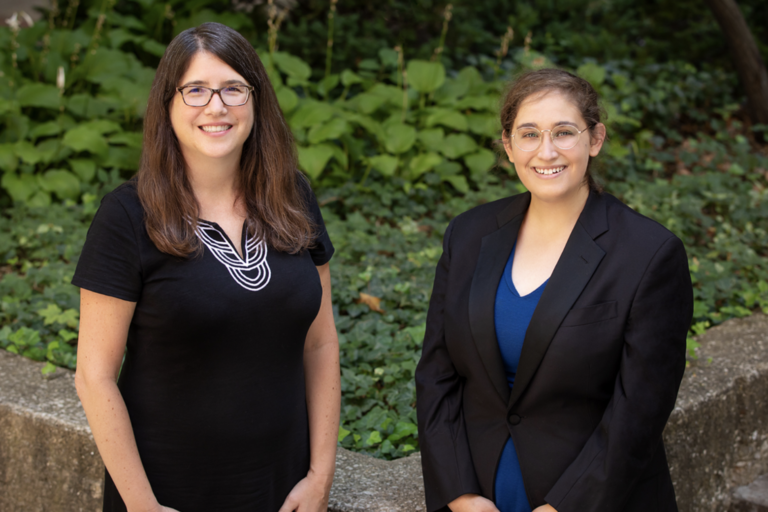URBANA — In order to make water safe to drink, it has to go through a process called chemical disinfection.
This process, however necessary, creates byproducts.
University of Illinois researcher Lois Raetzman says it is possible that one chemical byproduct could have serious health effects.
“So we’re absolutely not saying you should not disinfect water. It’s critical to disinfect water,” Raetzman said. “It’s just important for regulatory bodies to know all of the different things that might have an impact and to develop safe levels for them.”
Raetzman conducted her study on mice, and when the mice were exposed to Iodoacetic acid, or IAA, they had lower levels of estrogen, Raetzman said.
She says low levels of estrogen could cause harm to the female reproductive system.
But, the study was only conducted on mice. Although the chemical byproduct could have the same impact on the human body, Raetzman said, it’s too soon to tell.
Many chemicals, like IAA, aren’t monitored or screened for in our water, Raetzman said.
“They’re not regulated [or] on the radar yet,” Raetzman said. “So that’s kind of the worry is that there are things in there that they just aren’t looking for.”
Although the tap water in Illinois should be safe, she said, communities near oceans or people who swim in pools often could be most at risk.
This is because the waters these populations are frequently in contact with need more chemicals to clean them.
In the future, she said she hopes her research will bring more awareness to the possible danger of chemical byproducts of water disinfection.
If more people can get funding to study the impact of the chemicals on humans, Raetzman said, then we will know more about what the impacts could be.
“I think it’s important to know that this disinfection byproduct does seem to have some impact,” Raetzman said, “and if there was a translation to humans, we should be screening for it in the water to develop a safe level.”
Farrah Anderson is a student journalist with Illinois Public Media’s student newsroom. Follow her on Twitter @farrahsoa.

